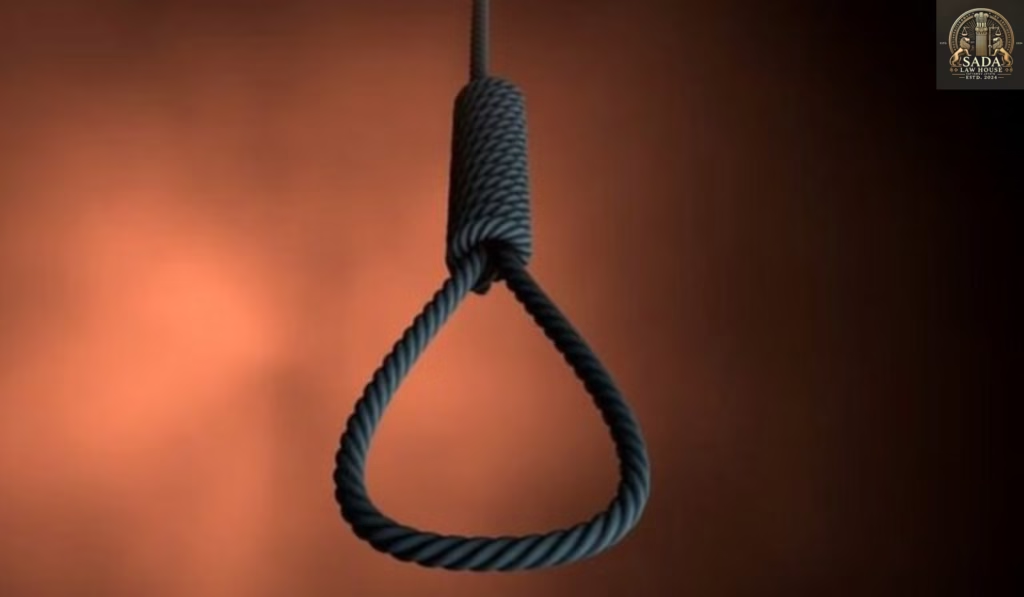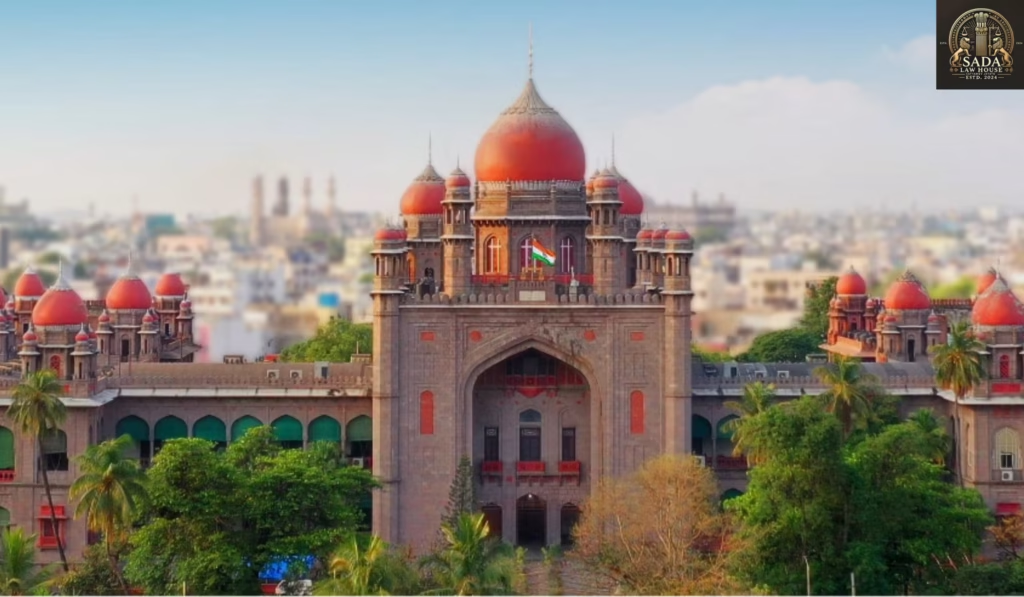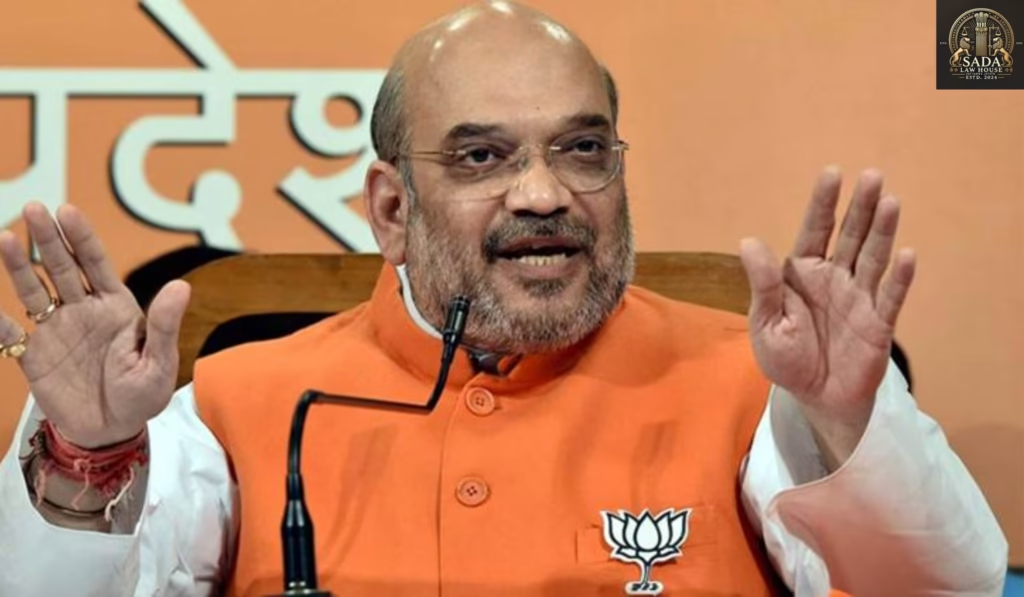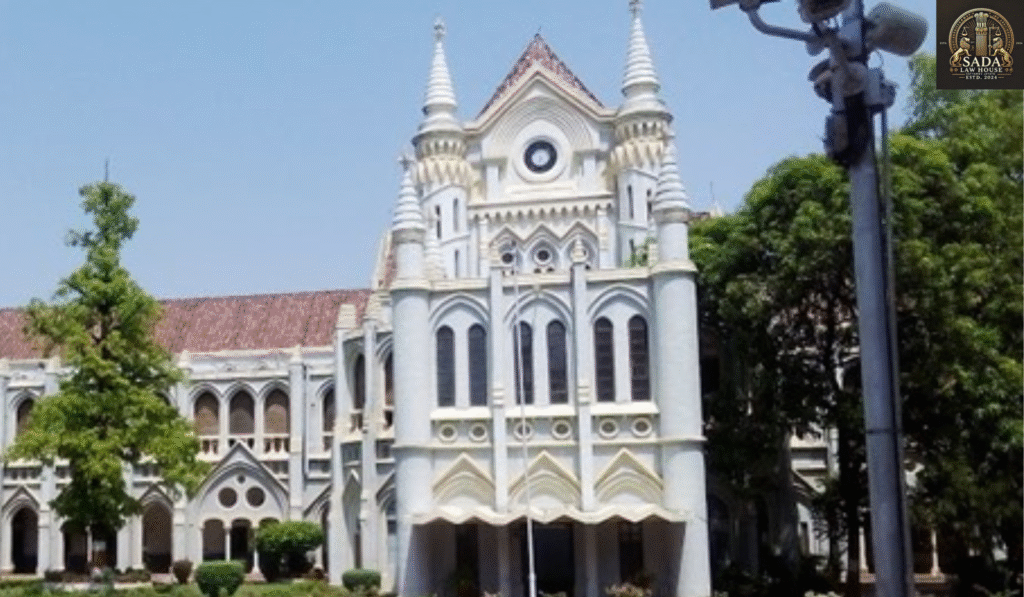Supreme Court of India Allows Death Penalty Challenge Through Article 32 Petitions
Trending Today Supreme Court of India Allows Death Penalty Challenge Through Article 32 Petitions Telangana High Court Rejects Wife’s ₹90 Lakh Alimony Plea, Dismisses Impotency Claim LEGAL JOB OPPORTUNITY AT LEXCLAIM ADVOCATES, DELHI LEGAL INTERNSHIP OPPORTUNITY AT UMBRELLA LEGAL, MUMBAI LEGAL JOB OPPORTUNITY AT THE OFFICE OF NITIN GOEL, DELHI LEGAL INTERNSHIP OPPORTUNITY AT KOHLI AND KOHLI LAW ASSOCIATES, GURUGRAM LEGAL JOB OPPORTUNITY AT POOVAYYA & CO., BENGALURU & DELHI A New Era of Political Renewal: Young Democrats Challenge the Old Guard BJP Aims for 25% Vote Share in Kerala Local Body Elections Trump Names Political Aide Sergio Gor as U.S. Ambassador to India and Special Envoy for South & Central Asia Supreme Court of India Allows Death Penalty Challenge Through Article 32 Petitions Shristi singh 27 AUG 2025 In a landmark ruling, the Supreme Court of India allowed death row convicts to challenge their sentences through Article 32 petitions, even after confirmation of the punishment. The judgment strengthens safeguards around the death penalty and reaffirms the right to life under Article 21. Historic Judgment: Death Row Convicts Can Use Article 32 On August 25, 2025, the Supreme Court of India delivered a landmark verdict in Vasanta Sampat Dupare v. Union of India & Others. The Court allowed convicts facing the death penalty to file Article 32 petitions to challenge their sentences, even when their punishments had already been confirmed by the apex court. The ruling overturns the Court’s earlier 2017 decision that had upheld Dupare’s death sentence for the rape and murder of a four-year-old girl. Case Background: Vasanta Sampat Dupare In May 2017, Dupare was sentenced to death by the trial court for the rape and murder of a minor. The Supreme Court upheld the death sentence, affirming lower court rulings. Dupare later filed an Article 32 petition, arguing that the sentencing court failed to consider mitigating factors such as his socio-economic background, mental health, and potential for reform. His plea relied on the precedent set in Manoj v. State of Madhya Pradesh (2022), which emphasized balancing mitigating and aggravating factors before awarding capital punishment. Supreme Court’s Reasoning A three-judge Bench comprising Justice Vikram Nath, Justice Sanjay Karol, and Justice Sandeep Mehta ruled that: Article 32 as a Safeguard – Even though Article 32 is an extraordinary remedy, it can be invoked in cases where sentencing safeguards were violated. Right to Life under Article 21 – Sentencing must not compromise the convict’s right to life. Individualized justice is required, especially in capital punishment cases. Mitigating Factors Ignored – Courts must consider factors like mental health, socio-economic conditions, and reformation potential before awarding death. Rare Use of Article 32 – The Court clarified that reopening closed cases will only be allowed where serious procedural lapses undermine constitutional rights. “Reopening will be reserved for only those cases where breaches are so serious that, if left uncorrected, they would undermine the accused’s basic rights to life.” Directions Issued by the Court The Supreme Court set aside its May 3, 2017 order affirming Dupare’s death penalty and directed: The case be assigned to a new Bench by the Chief Justice of India. A fresh hearing on sentencing will be conducted in line with Manoj (2022). Mitigating circumstances must be given due weight before deciding on punishment. Importance of the Ruling 1. Enhanced Safeguards in Death Penalty Cases The verdict ensures that death sentences cannot be imposed without due consideration of individual circumstances of the convict. 2. Strengthening Article 32 By allowing challenges even after confirmation of sentence, the Court reaffirmed its role as the guardian of fundamental rights. 3. Reducing Arbitrary Use of Capital Punishment The decision ensures that the death penalty is reserved for the rarest of rare cases, preventing arbitrary or mechanical sentencing. 4. Balancing Justice with Finality While respecting judicial finality, the Court emphasized that fairness and human rights outweigh procedural rigidity in matters involving irreversible punishments. Conclusion The Supreme Court’s ruling in Vasanta Sampat Dupare v. Union of India marks a turning point in India’s death penalty jurisprudence. By allowing Article 32 petitions even after confirmation of a death sentence, the Court reinforced that protection of life and due process take precedence over finality of judgments. This decision makes India’s capital punishment system more humane, constitutional, and just, ensuring that no individual is deprived of life without exhaustive judicial scrutiny. Leave a Reply Cancel Reply Logged in as Sadalaw. Edit your profile. Log out? Required fields are marked * Message* Live Cases Supreme Court of India Allows Death Penalty Challenge Through Article 32 Petitions Sadalaw • August 27, 2025 • Live cases • No Comments Telangana High Court Rejects Wife’s ₹90 Lakh Alimony Plea, Dismisses Impotency Claim Sadalaw • August 27, 2025 • Live cases • No Comments A New Era of Political Renewal: Young Democrats Challenge the Old Guard Sadalaw • August 25, 2025 • Live cases • No Comments 1 2 3 … 5 Next »
Supreme Court of India Allows Death Penalty Challenge Through Article 32 Petitions Read More »










